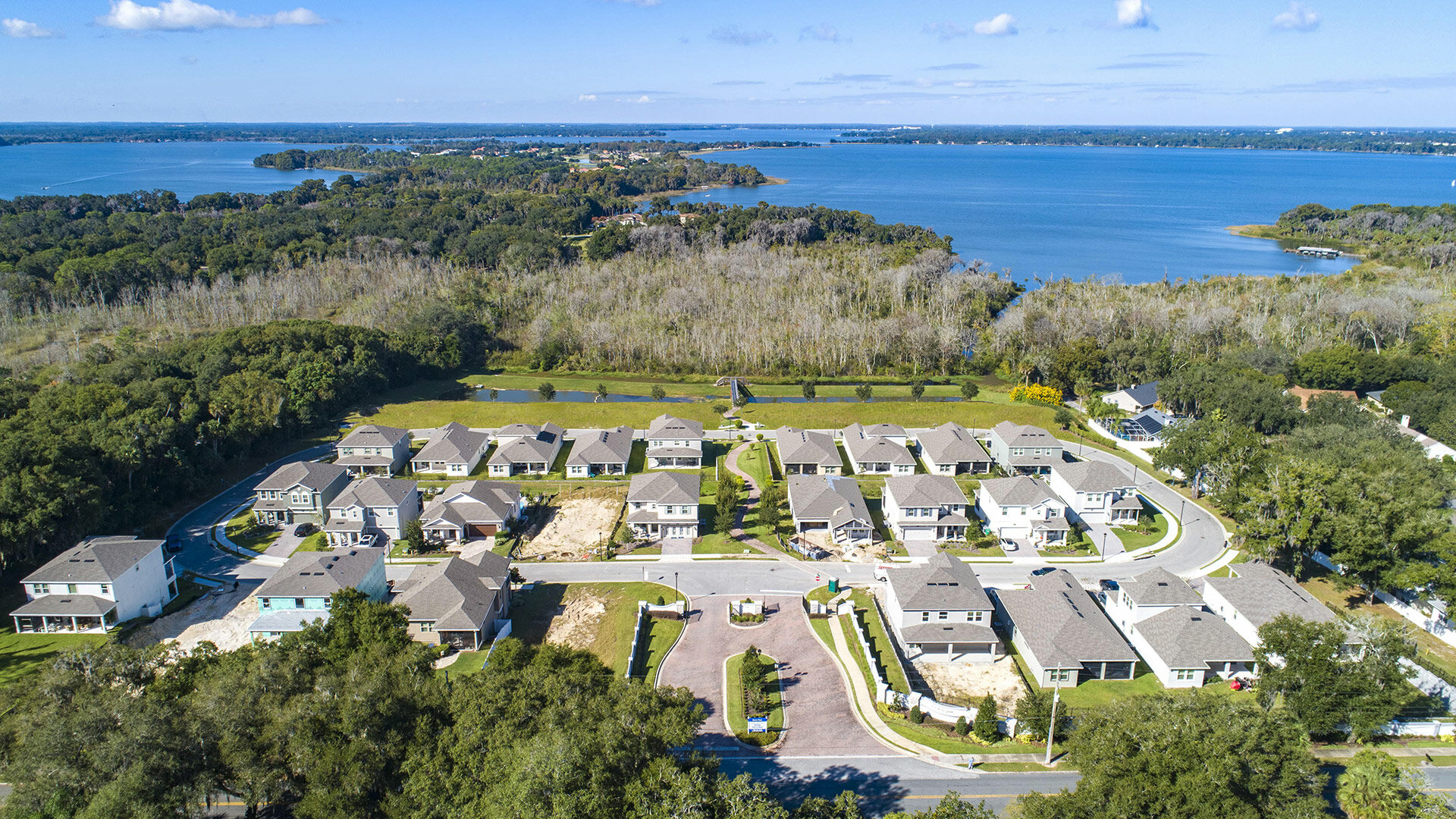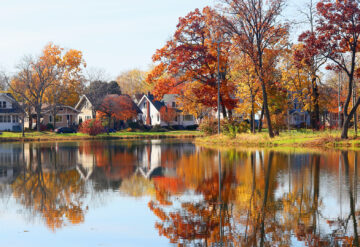If you live in a coastal area that experiences seasonal storms and hurricanes, then you understand the importance of being prepared in an emergency. For those who want to update their safety plan, those who recently moved to hurricane-prone areas, or anyone who is looking to stay informed, we have put together a general list of items to consider during a weather emergency.
Create a safety plan
Having a plan in place for when basic services such as water and power are lost is an essential step – and don’t forget to include your pets in the planning process. Visit ready.gov for all the info that you’ll need. Share this plan with family.
Be sure to also keep the contact information for your power provider and home insurance in your phone. The Lennar Warranty does not cover weather related damages, so verify your coverage with your insurance provider before an emergency takes place.
Make an emergency kit
Having an emergency kit prepared and ready to go will provide peace of mind and make things easier in the event of loss of power or a required evacuation. A disaster supply kit should be able to supply you and your family for seven days. Make sure to pack water, non-perishable food items, flashlights and extra batteries, backup charging devices, first aid and medicine, cooking supplies including fuel, clothing, pillows, blankets, a radio, toiletries, cleaning supplies, cash and important documents, and pet care.
If possible, try to keep your car’s gas tank full and phone batteries charged.
Coordinate a place to stay
In the event of an evacuation, it’ll be important that you and your family have a place to stay safe during a storm. Research local shelters in your area ahead of time if you do not have family or loved ones within driving distance. And don’t forget your emergency kit!
Prepare your home
Shuttering or boarding up your windows are an important step in preparing your home for a potential hurricane. This can help keep your home safe from debris and help protect windows from shattering. While doing this, make sure to also check the seals around your windows and doors and make any repairs needed. Note, it is strongly suggested you use licensed contractors for any tasks that require the technical knowledge and/or physical ability to perform without injury to yourself or damage to the home.
Outdoor living spaces are often home to furniture, tables, potted plants, play equipment and more. Secure these items by bringing them into a garage or shed to prevent them from being taken up with the wind and causing additional damage. Secure cars, boats and trailers as well.
Keep your landscaping well-groomed. Dead or damaged tree limbs can easily fall and cause damage during high winds.
Protect your valuables from flooding. In flood-prone areas, you can keep important paperwork, electronics, and other valuables on higher ground or stored in waterproof containers.
Stay up-to-date
Following local updates will help you stay in-the-know regarding the latest information on storms. Be sure to keep tabs on FEMA and the National Hurricane Center.
Emergency situations are stressful, and being prepared is an important aspect to living in a coastal area that is prone to hurricanes and tropical storms. Stay informed, be prepared, and share your emergency plan with your family.
Click here a full and printable checklist to keep at home or share with family, neighbors and friends.
Information above is for general guidance. Lennar makes no guarantees of its accuracy or completeness. Please consult local and federal government websites for additional information. Copyright © 2023 Lennar Corporation. Lennar and the Lennar logo are U.S. registered service marks or service marks of Lennar Corporation and/or its subsidiaries. Date 06/23




